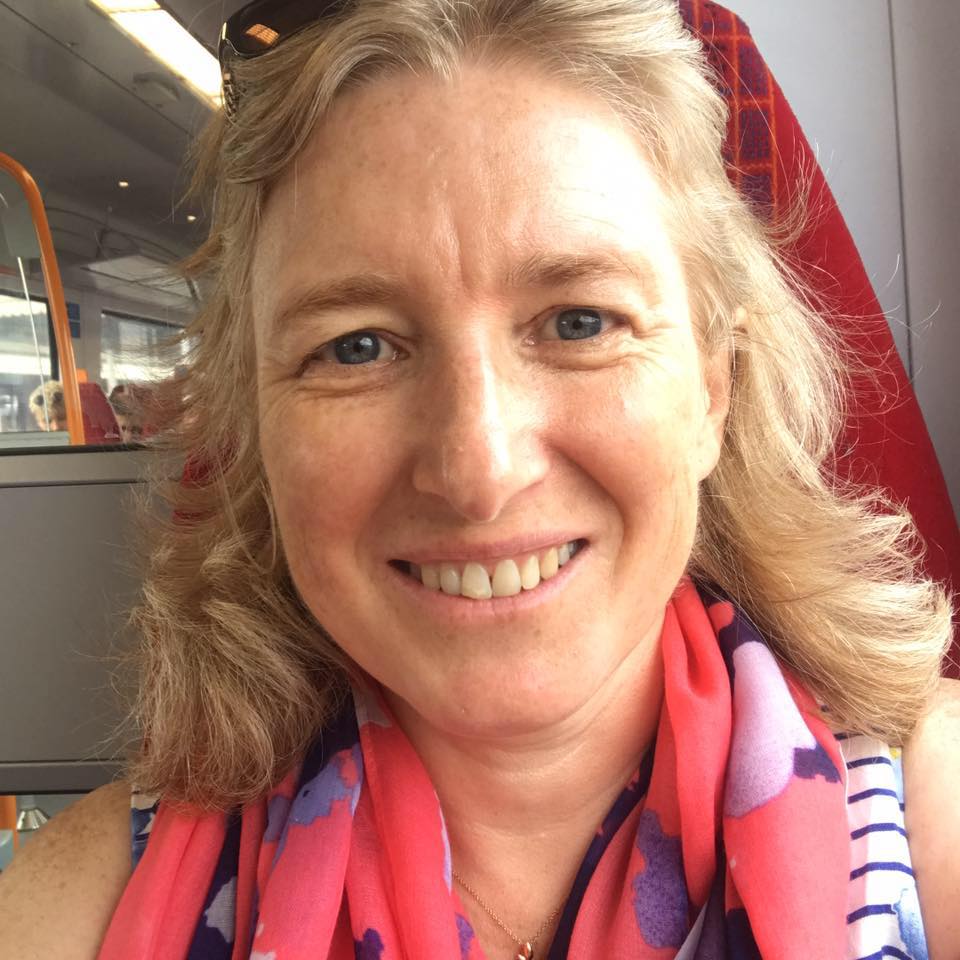Focusing on sexual violence in conflict

Mandy Marshall, Director for Gender Justice at the Anglican Communion Office
CW: Sexual violence, rape
Sexual violence in conflict is not new. However, the topic was ignored and neglected for a long time. It became more prominent during and after the war in former Yugoslavia in Bosnia Herzegovina and again during the Rwandan genocide in 1994, where rape was used as a weapon of war. It is understandable why we don’t want to think of this horror and the lifelong impacts of rape and sexual violence.
As a result of these conflicts, the UN passed a resolution that declared 19th June as the International Day for the Elimination of Sexual Violence in Conflict each year. Well, that’s good and I’m sure we all agree with it, but what difference does it make?
There are many reasons for the focus. Here are three:
Firstly, it recognises that survivors and victims of sexual violence are not forgotten. That their pain and experience will not be ignored or silenced. In different cultures around the world sexual violence and rape is not spoken about. The taboo is strong, and a culture of silence pervades. Having a day focussed on the issue provides a space for speaking up and out on this sensitive issue.
Secondly, it enables space to educate people about what sexual violence and rape are. Rape is not about a person being in the wrong place at the wrong time wearing the wrong clothes. These are myths. Rape is about power over another person and using sex as a tool of that power. Rape is a choice made by another person to overpower another person for their own use and gratification.
It’s barbaric. It’s deliberate. It leaves lifelong consequences. It invades bodily autonomy. It is designed to shame and stigmatise the victim/survivor (some do not survive due to the internal injuries caused), which can ostracise them from their family and communities. And sadly, sometimes, from our churches.
Thirdly, it can focus the need for continuing resources to be made available for survivors of sexual violence in conflict long after the conflict is over. Mothers can sometimes find it difficult to bond with a baby born after rape. The provision of support and counselling can help the mother during these hard times.
Discussing sexual violence and rape is difficult and appropriate trigger warmings need to be stated if discussing this in public. This enables survivors or others to make a choice whether to stay and listen or to give themselves space away. It is always important to offer choices as a choice was removed from a survivor of sexual violence. It is important to follow safeguarding procedures if someone discloses sexual violence and rape with safety being the first priority.
This 19th June, I urge you to not only pray for survivors of sexual violence and rape for healing, but also, if safe to do so in your country, write to your MP or government representative to ask for long term sustainable funding to be provided to survivors of sexual violence and rape.
Thank you.
